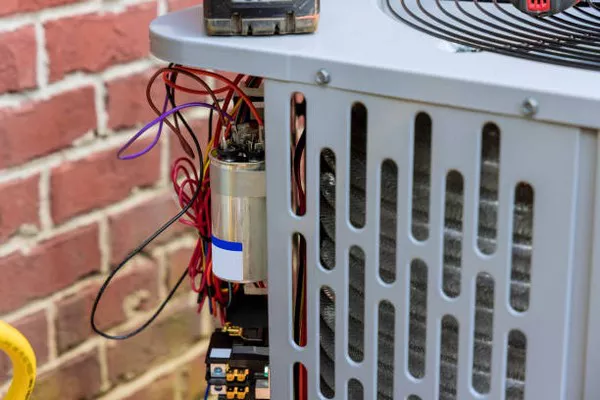In an era where power outages are becoming increasingly common due to extreme weather events, it’s crucial for homeowners to invest in a reliable whole house generator. A whole house generator ensures that your home remains powered during unexpected outages, providing you with peace of mind and uninterrupted comfort. However, with a plethora of options available in the market, choosing the best whole house generator can be a daunting task. In this comprehensive guide, we will explore key factors to consider and highlight some of the leading options to help you make an informed decision.
Power Requirements and Sizing
One of the primary considerations when selecting a whole house generator is determining your power requirements. Start by making a list of essential appliances and systems that you want to keep operational during a power outage. Consider necessities such as refrigerators, heating or cooling systems, medical equipment, and lighting. Once you have a clear understanding of your power needs, you can calculate the generator size required to meet those demands.
Generators are typically rated in kilowatts (kW), and it’s essential to choose a generator that matches or exceeds your total power requirements. Keep in mind that some appliances have higher starting wattage, so factor in these peak loads when sizing your generator. Consulting with a professional electrician can be invaluable in determining the appropriate generator size for your specific needs.
Fuel Type
Whole house generators are available in various fuel types, each with its own set of advantages and considerations. The most common fuel options include natural gas, propane, diesel, and gasoline.
Natural gas generators are a popular choice for homeowners with access to a natural gas supply. They are known for their reliability and convenience, as the fuel source is often readily available. Propane generators, on the other hand, offer versatility as propane can be stored on-site, making them suitable for areas without a natural gas supply.
Diesel generators are known for their fuel efficiency and durability, making them a preferred choice for larger homes or extended power outages. Gasoline generators are more portable and generally less expensive, but they may require more frequent maintenance.
Consider your location, accessibility to fuel sources, and the duration of potential outages when deciding on the most suitable fuel type for your whole house generator.
Transfer Switches and Automatic Operation
The transfer switch is a critical component of a whole house generator system, as it manages the transition from utility power to generator power seamlessly. There are two main types of transfer switches: manual and automatic.
Manual transfer switches require the homeowner to physically switch from utility power to generator power when an outage occurs. While these systems are often more affordable, they may not be suitable for individuals who are away from home during an outage.
Automatic transfer switches, on the other hand, sense when utility power is lost and automatically initiate the switch to generator power. This ensures a quick and uninterrupted power supply, making them a convenient and popular choice for homeowners. When evaluating whole house generators, prioritize those with automatic transfer switches for optimal convenience and peace of mind.
Brand Reputation and Reliability
Investing in a whole house generator is a significant decision, and it’s essential to choose a reputable and reliable brand. Researching customer reviews, industry ratings, and the reputation of generator manufacturers is crucial in making an informed decision.
Consider brands that have a proven track record for producing durable and dependable generators. Look for features such as low oil shutdown, overload protection, and noise reduction technologies. It’s also advisable to choose a generator with a warranty that provides adequate coverage for both parts and labor.
See Also: How Long Will A Generator Run On Propane?A Closer Look
Leading Whole House Generator Options
Several brands have gained recognition for producing high-quality whole house generators. Some noteworthy options include:
Generac Guardian Series: Generac is a well-established name in the generator industry, and their Guardian Series is renowned for its reliability and versatility. These generators come with a range of power capacities and feature automatic transfer switches for seamless operation.
Kohler Whole House Generators: Kohler is another reputable brand known for its durable and efficient generators. Kohler offers a variety of whole house generators with advanced features, including remote monitoring capabilities and quiet operation.
Briggs & Stratton Fortress Series: Briggs & Stratton is a trusted name in the power equipment industry, and their Fortress Series of whole house generators are designed for reliability and longevity. These generators are equipped with features like Symphony II Power Management to prioritize power distribution based on load demands.
Conclusion
Selecting the best whole house generator involves careful consideration of your power requirements, fuel type, transfer switch type, and the reputation of the manufacturer. By thoroughly researching and evaluating these factors, you can make an informed decision that aligns with your specific needs and provides you with a reliable power source during outages. Remember to consult with a professional electrician to ensure the generator is properly sized and installed, maximizing its effectiveness in safeguarding your home against unexpected power disruptions.

